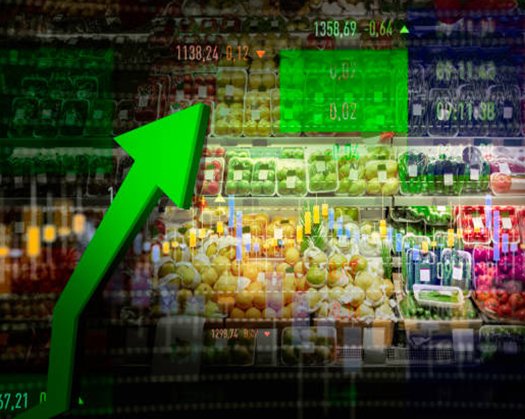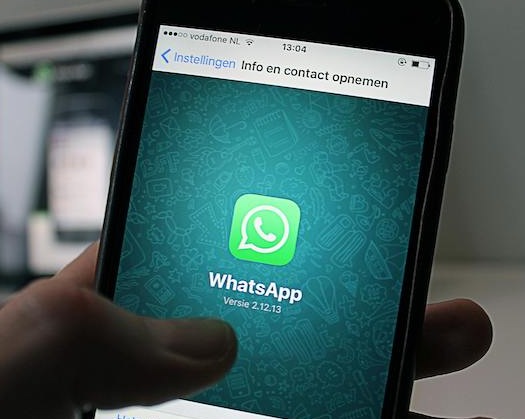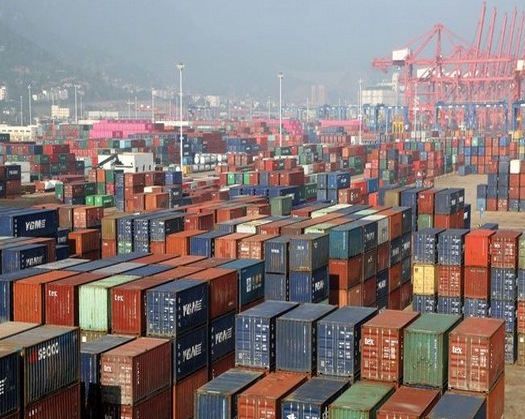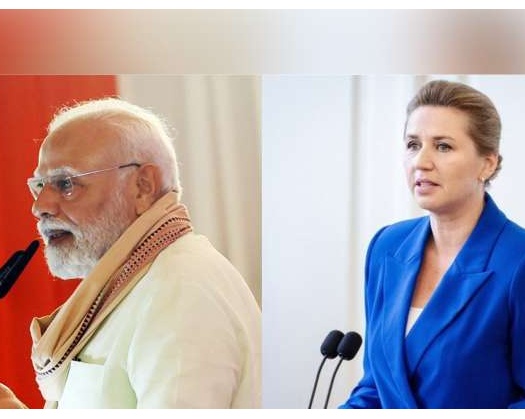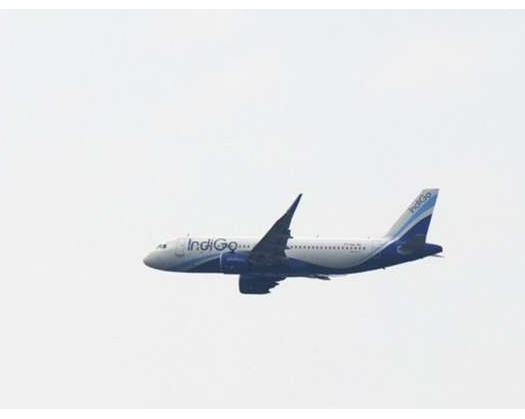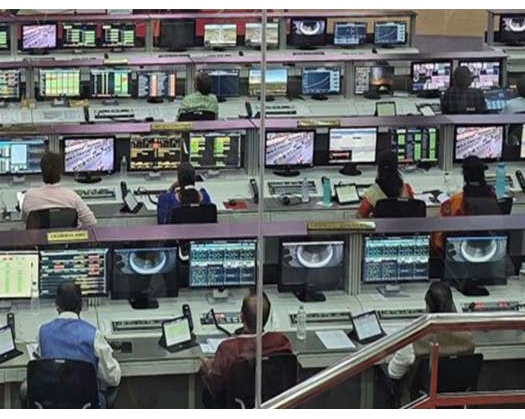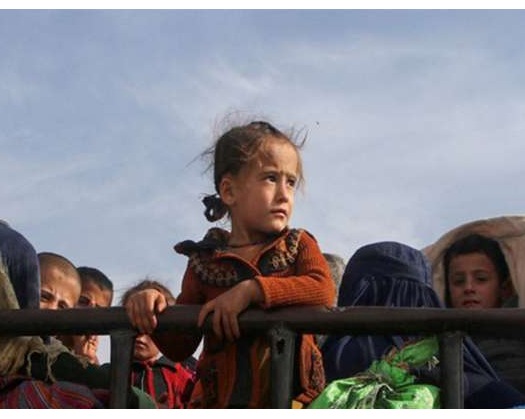New Delhi: According to Nomura, retail inflation in India is likely to fall below the RBI's 2% lower tolerance limit in July, providing additional relief to ordinary people.
Continuing its downward trajectory, retail inflation in India fell to a new over six-year low of 2.1 percent in June.
Headline inflation reduced below market forecasts... , according to a study released this week by multinational investment and brokerage company Nomura. Several food groups saw a significant drop in pricing, which offset the usual rise in vegetable costs.
In June, food and beverage inflation decreased, with a sequential reduction in the prices of pulses, grains, and spices, while the prices of eggs, meat, fish, edible oils, and vegetables rose; the latter in accordance with seasonal patterns.
Amid a slowdown in India's headline inflation, Nomura recently reduced its 202526 headline inflation projection to 2.8%, considerably below the RBI's 3.7% estimate.
While the likelihood of a rate reduction at the next meeting in August seems remote, we anticipate 25 basis point cuts in each of the October and December meetings, bringing the terminal rate to 5.00%, according to the Nomura report.
We also want banking system liquidity to be maintained in excess to enable appropriate monetary policy transmission, it added.
According to daily statistics for the first 13 days of July, headline inflation is expected to fall much further in July, to roughly 1.5 percent, according to Nomura.
The inflation rate is within the Reserve Bank of India's (RBI) acceptable range of 2-6%.
Retail inflation surpassed the Reserve Bank of India's 6% upper tolerance level in October 2024. Since then, it has been in the 26% range, which the RBI deems manageable. Indian legislators were worried about rising food prices, since they hoped to keep retail inflation at roughly 4%.
Many nations, including developed economies, have been concerned about inflation, but India has generally managed to control its inflation rate. The RBI maintained its benchmark repo rate steady at 6.5 percent for the eleventh straight time, before reducing it for the first time in over five years in February 2025.
Analysts believe inflation will be under control, allowing the RBI to focus on promoting economic growth. The recent 50 basis points reduction in repo rate was a strong signal.
The inflation estimate for fiscal year 202526 has been revised downward from 4% to 3.7%.
We anticipate credit growth to remain moderate and see downside risks to the RBI's 2025-26 GDP growth (6.5%) and inflation (3.7%) projections, according to the Nomura study.
Separately, wholesale inflation (WPI) in India fell to (-) 0.13 percent in June, down from 0.39 percent in May. In April 2023, wholesale inflation fell into negative zone and remained there for seven consecutive months. Similarly, in the early days of COVID19, in July 2020, the WPI was reported to be negative.
Economists frequently argue that a slight boost in wholesale inflation is beneficial since it encourages commodities producers to produce more.

